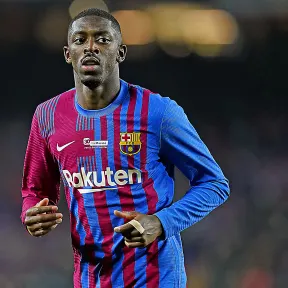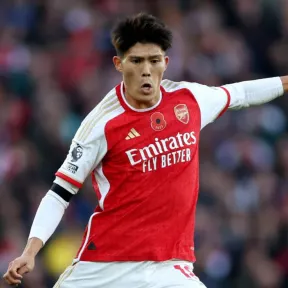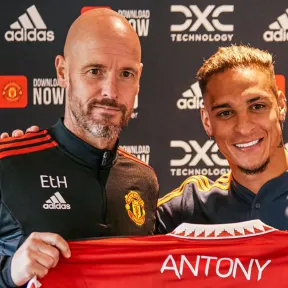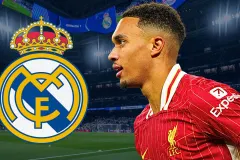The art of selling: How Man Utd, Barca & Arsenal must learn from Chelsea, Liverpool and City
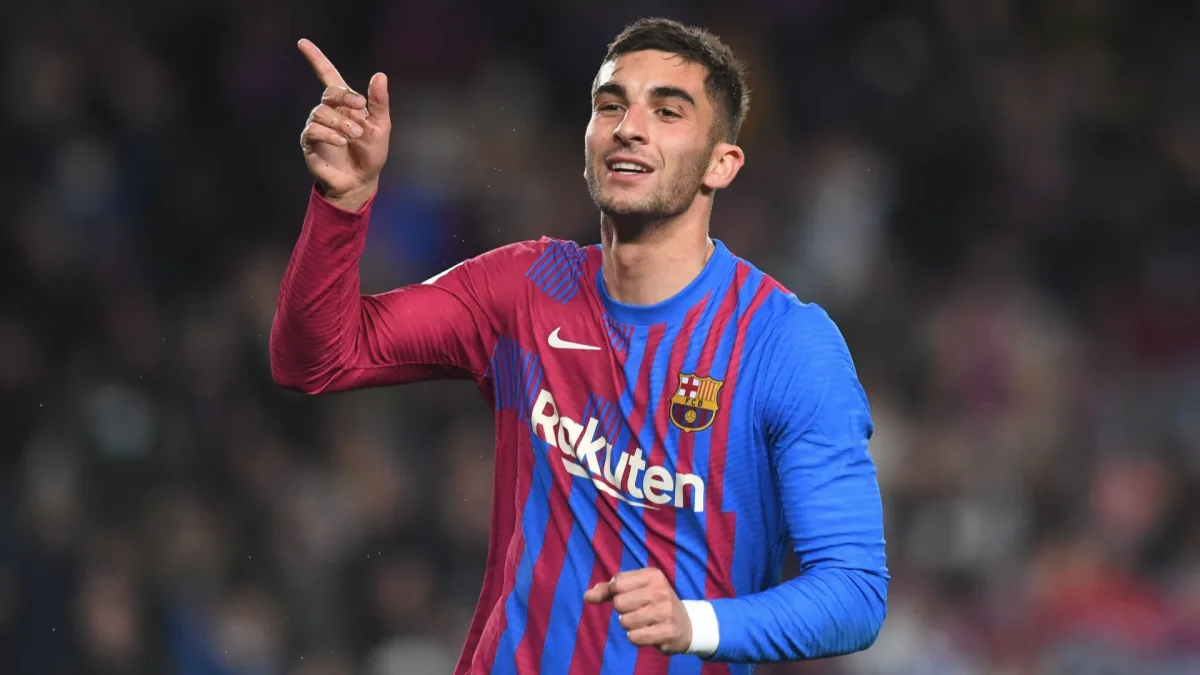
What is the most important thing that the very biggest clubs do extremely well?
Something that keeps their transfer funds topped up, and allows them to retain a huge advantage over the rest of their respective leagues?
It’s quite simple - the ability to earn big amounts for fringe players.
Chelsea have, for quite a long time, been the masters of this. Their policy for many years was to buy up the very best youth talent and farm them out across Europe to various feeder clubs, including Vitesse in the Eredivisie.
READ MORE: From Abraham to Ake: How Chelsea have made a fortune selling fringe players
In 2021/22 alone, Chelsea earned €157 million by selling players, none of which were ever considered first-teamers. Tammy Abraham (€40m), Kurt Zouma (€35m), Marc Guehi (€23.5m) were the highlights, but a host of other fringe players raised an additional €30m.
It meant that in a summer where Chelsea signed Romelu Lukaku for €115m, they still banked a decent profit. And this summer, Armando Broja (€35m), a player who has barely played a minute at Stamford Bridge, will fund a non-insignificant chunk of the signing of Raheem Sterling.
Liverpool mastering the market
Liverpool weren’t always particularly proficient at it, but are getting far better; this summer selling Takumi Minamino and Marko Grujic earned €25m, while last summer the sales of Harry Wilson (€15m), Taiwo Awoniyi (€7.5m) and Xherdan Shaqiri (€6m) were worth another €53m total. That’s all worth more than one Luis Diaz.
And these deals cloud the issue of the ‘obscene’ spending at the top of the market. Similar was said about Manchester when buying Jack Grealish for €115m, but the sales of the likes of Ferran Torres (€65m), Angelino (€18m) and Jack Harrison (€16m), covered a significant amount of the fee.
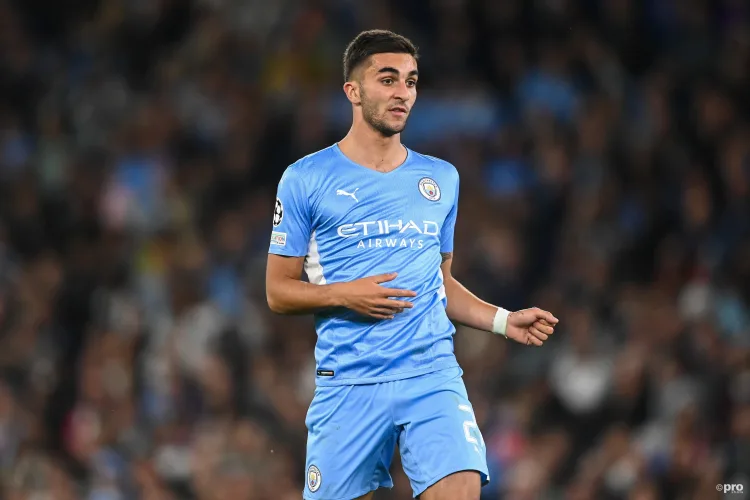
City are doing exactly the same this season in refreshing their squad. Selling Gabriel Jesus, Raheem Sterling, Oleksandr Zinchenko and Gavin Bazunu easily cover Erling Haaland and Kalvin Phillips. The focus is regularly on the incomings, but these under-the-radar deals are not sufficiently taken into account.
And whether Financial Fair Play still has teeth or not, in terms of transfer fees at least, these clubs are consistently selling these expendable players for fees that fund their business at the top end of the market.
Premier League strengthening its advantage
And the Premier League, as if it doesn’t already have enough financial advantages, are proving that players developed in their academies, with their coaches, and their rich scouting systems, will inevitably come with a premium that the other big leagues are forced to pay. It means players with little experience beyond being ‘on the books’ of a PL club can demand fees equivalent players elsewhere simply couldn’t.
Not all clubs are great at it. Manchester United in particular have struggled terribly to move on fringe players who are surplus to requirements; only Dan James, who went to Leeds for €29m, could be deemed a success, though he featured regularly for United the season prior.
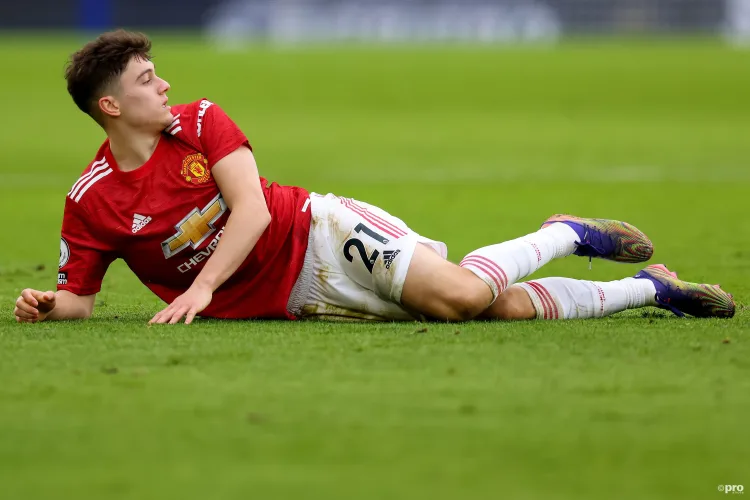
Similarly Arsenal could do better in this regard, with too many players allowing their contracts to wind down before they are sold. Though even the Gunners earned huge money for Alex Iwobi (€25m) and Joe Willock (€28m) over the past four seasons.
And on the continent, Barcelona’s dire financial situation has meant getting out of bad deals with a decent fee hasn’t always been possible, certainly not to the extent that Real Madrid were able to sell a whole swathe of players in order to fund a (failed) move for Kylian Mbappe.
But the key to recruitment going forward for the Super League sides is making sure that you maintain a level of prestige around your young talent, or signings that don’t work out - and retain high market value.
That’s how you fund deals at the top end of the market.

